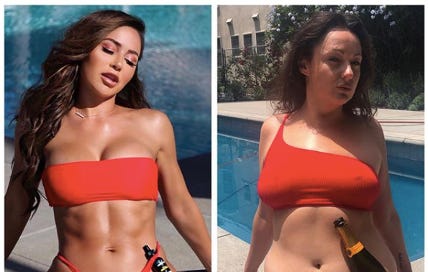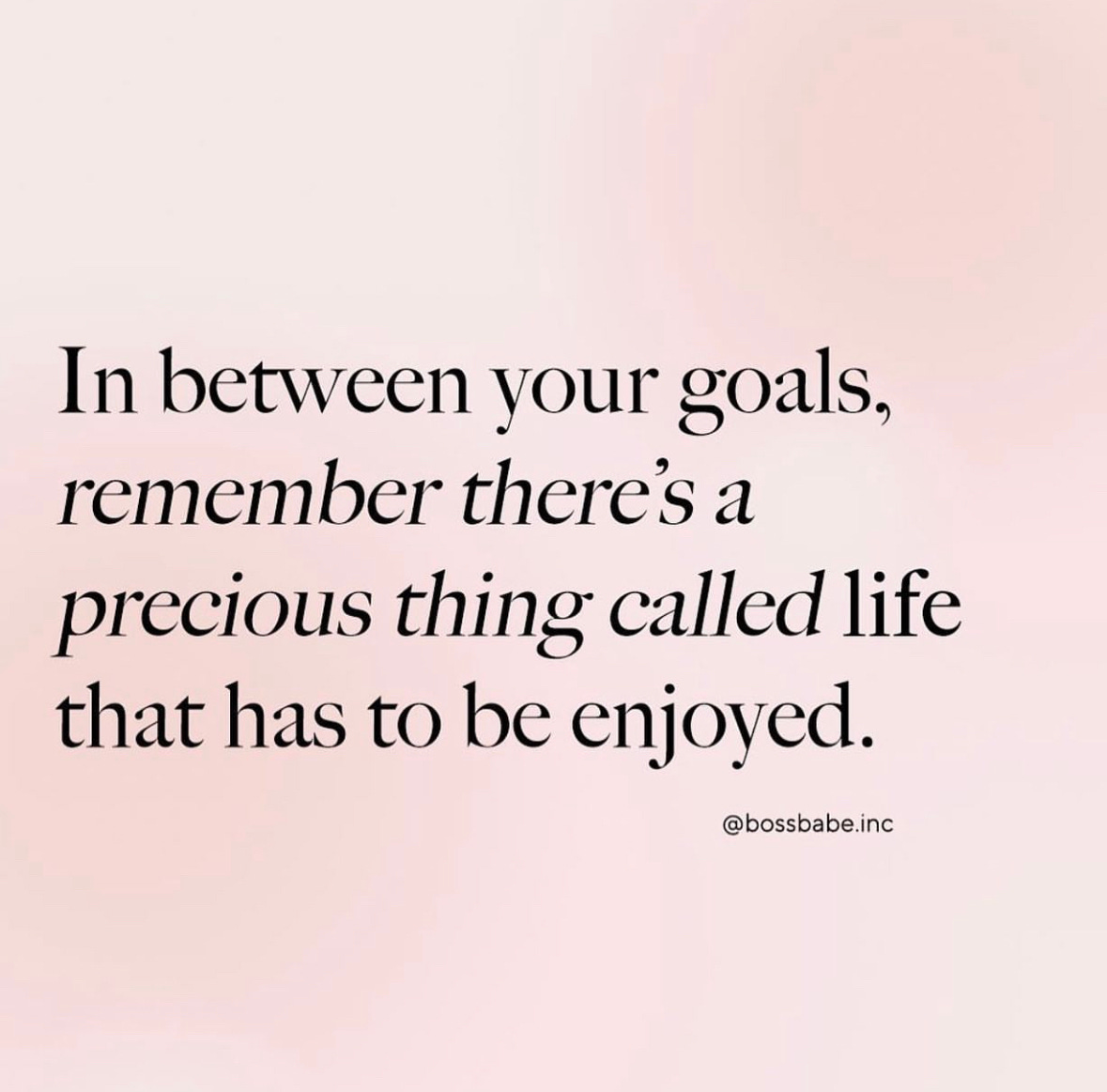Publishing expert
recently wrote an essay for Substack titled, “Your Book Is Not for Everyone (and that's okay)” that I really appreciated. She even offers a prompt from MBA world (a SWOT analysis) that you can use as an exercise to think about your book promotion strategy.About a year before Self Care came out, I used half of my first installment of my book advance (remember last week when I told you about installments) to hire
to help me with my book marketing strategy. The book I’d published before my novel Self Care had been a commercial flop and I swore to myself I was never going to let that happen again.One of the first things Dan and I did together was create “personas” for my audience. We spent a lot of time on this stage, and I narrowed down my primary and secondary audiences. Once we created these, we could ask specific questions like, “Would Rachel listen to Leigh on X podcast?” “Would Lauren come to an event of Leigh and TK person in conversation?”
Instead of saying, “My book is for everyone!” I can confidently say that my book is for Rachels and Laurens. This clarifying step also helps me turn down promotional opportunities that aren’t a good fit.
If you’re a novelist, this part of your promotional strategy might actually be FUN (I’m serious!) because it’s like building a character.
Before I introduce you to Rachel and Lauren, please keep in mind that I wrote these personas in the summer of 2019, which occurred 600 years ago, in internet time. 😊 (No TikTok!)
PRIMARY AUDIENCE: Rachel
Uses the phrase “self care” with irony
(image above is comedian Celeste Barber)
She knows she should use the expensive eye cream to prevent fine lines, but she’s also like, how fucked up is it that I have to spend all this money on eye cream when men don’t even wash their face?
Rachel is in her mid-thirties to mid-fifties. College educated, she looks at culture with a critical eye. She thinks she’s smarter than most people. She sees irony and absurdity in the world around her and has a great sense of humor.
Rachel is ambitious and works hard at her job, and at her age, she is likely raising kids, too. She has liberal politics and does what she can to stay politically engaged, which often means catching Rachel Maddow when she can and posting a rant on Facebook when an issue touches her personally.
Rachel read “Cat Person” in the New Yorker as soon as everyone started talking about it. She has opinions about everything and is both transfixed and repulsed by celebrities like Gwyneth Paltrow and Lena Dunham. She reads all the profiles and says, “I can’t stand her.” It’s so easy to judge and mock the wealthy and privileged, in Hollywood or on Instagram. Sometimes she feels a little bad for being so judgmental of other women, but it’s a pleasurable sport she can play with her friends.
Why Rachel would read Self Care: Rachel wants to feel like she’s early on the scene. She wants to arrive at the cultural event that is cutting edge before it gets crowded. She’s been waiting to hear someone say, “the emperor has no clothes!” FINALLY someone is articulating what she felt but didn’t know how to express, about wellness culture, bad internet behavior, and brutal work/friend breakups.
SECONDARY AUDIENCE: Lauren
The phrase “self care” is meaningful to her
Lauren is a millennial with more student loan debt than she likes to think about. She lives in a mid-sized city and works full-time. Lauren knows how important it is to make time for self-care. A couple times a week, she goes to yoga, barre, or SoulCycle. Her favorite instructors make her feel like her best possible self. She spends her disposable income on whatever will make her feel better today—a green juice or a bottle of rosé, a clean eating cookbook or a 10-step Korean skincare set she finds at Target—because the future is scary. Will she ever be able to pay off her loans? Buy a house? Have kids?
Lauren believes that if you work hard, you can make your dreams come true. She doesn’t pay a lot of attention to politics, or conversations about “systemic” forces that have made her student loan debt so high, or buying a house out of reach. She tries to optimize her time and her life so that she can achieve.
Lauren uses Slack at work and is on Facebook and Instagram. Her IRL friends are on Facebook but on Instagram she follows influencers she doesn’t know—except she does know them because they share so much about their lives. She follows people who inspire her to be healthy and go after her goals. When they go on social media hiatus, she notices. Sometimes she thinks it’s TMI when someone shares really dark stuff about their life.
She likes The Office, Parks and Rec., ensemble shows about workplace hijinks and drama, with memorable characters.
Lauren is a follower and a joiner. She wants to feel like she’s a part of the next cool thing everyone is talking about. She reads whatever her book club picks. She’s also confident in her good taste. She loves being the first one to discover something and share it with her friends.
Why would she read Self Care: she would enjoy “getting” a lot of the wellness and self-care references in the book. She would recognize the Devin character as an archetype of a lot of the influencers she sees online. She would enjoy the workplace setting. My book would give her a lot to think and talk about with her friends in terms of beauty and thinness, ambition and money (and envy of those with more), and the way women can hurt other women.
Have you created audience personas for your own book promotion strategy? Do you have a question about what to include when building out one of these personas? Let me know in the comments!
Personal ad
Glen is seeking a beta reader for his memoir, set in Beijing. After leaving his D.C. job behind, Glen struggles to adapt to life in China while working for a dubious Australian firm run by an abusive boss. Despite workplace difficulties and visa challenges, Glen forges meaningful local friendships, explores the LGBTQIA+ scene, studies Mandarin, and develops more nuanced perspectives on both China and his own American identity. As Glen continues immersing himself and discovering China, this eye-opening memoir highlights the profound personal growth that comes from diving headfirst into a profoundly different culture. Email Glen if you’re interested in exchanging manuscripts: glenloveland@outlook.com






As soon as I hit publish, I realized I neglected to credit Celeste Barber for that hilarious image that reminds me of "Rachel." I edited the post and you can find Celeste on Instagram: https://www.instagram.com/celestebarber/?hl=en
I remember you talking about Rachel and Lauren during one of your classes or our 1:1s and thought this target audience idea was brilliant! Sometimes I pretend to be a Rachel or Lauren while perusing a book store to see which book she might pick out today.
I did this exercise for my book’s target audience by identifying traits and habits of sober readers, sober curious readers, readers in long-term recovery, and the normal drinkers who want to be more mindful about mixing booze and dating/hooking up.
Thanks for another great piece! 🤘🏽